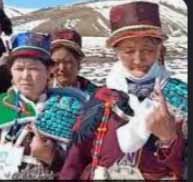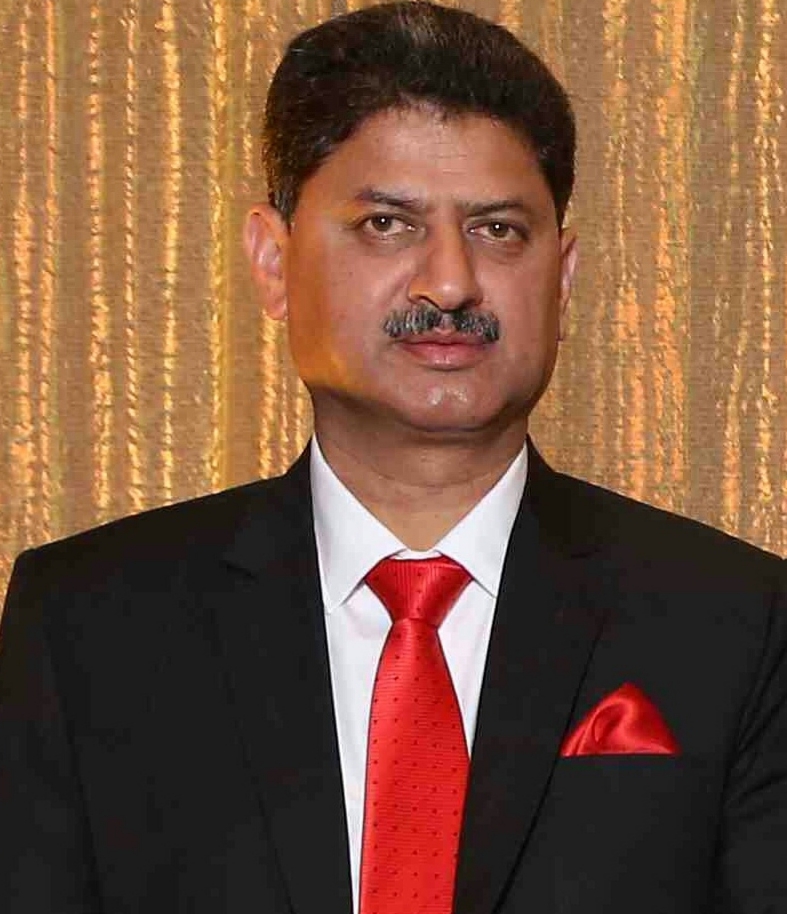In the lead-up to the 2024 Lok Sabha elections, the Indian electorate stands at a critical juncture. They have an important task of making decisions that will shape the trajectory of the nation for years to come.
As we embark on this democratic journey, it is imperative to delve deeper into the rationale behind our electoral choices: Whom to vote and why?
This has vast implications as they will decide the country's future.
Before we make choices for voting, it is pertinent to reflecting on the lessons gleaned from past electoral cycles.
It becomes evident that the performance and leadership of political parties at the national level wield significant influence over the governance and stability of the nation.
Historical precedents, both favorable and tumultuous, serve as guideposts, informing our understanding of the qualities and attributes that we seek in our elected representatives.
One overarching criterion resonates with analysts and observers alike. It is the importance of casting our votes in favor of candidates representing parties with a robust pan-India presence and a proven track record of governance experience.
This criterion underscores the essential role played by national parties such as the Bharatiya Janata Party (BJP) and the Indian National Congress.
These parties boast extensive experience in steering the ship of the country through the complexities of national governance.
We must acknowledge the invaluable contributions of regional parties in addressing localized issues and concerns that people in each state or region face becuase of which these parties have come into being.
It is pertinent to scrutinize their efficacy and capabilities in navigating the intricacies of governance on a national scale.
It has been experienced in our country that Coalition politics and the inherent challenge of reconciling divergent regional interests often pose obstacles to cohesive governance at the national level.
It underscores the significance of parties with a broader, pan-Indian vision and presence.
The specter of a hung parliament looms ominously large. It carries with it the attendant risks of political instability and systemic dysfunction.
Past instances of hung parliaments have witnessed the unsettling phenomenon of horse-trading and the erosion of democratic principles.
Thereby it amplifies the urgency of electing a government endowed with a decisive mandate to govern effectively.
Corruption is a scourge that thrives in environments marked by political instability and opacity. As such Corruption remains a pressing concern for the Indian electorate.
There is an unchecked flow of unaccounted money in the electoral process. On the other hand there is an equally nefarious practice of horse-trading.
It has been observed that both combined to undermine the very foundations of democratic governance, corroding public trust and eroding institutional integrity.
Against this backdrop, it becomes incumbent upon voters to prioritize the larger national interest over parochial considerations.
Regional parties undoubtedly serve as vital conduits for addressing localized grievances and aspirations.
But the imperatives of national unity and coherence demand a concerted focus on electing leaders and national parties capable of steering India towards greater strength and stability on the global stage.
As we stand on the cusp of another electoral exercise, each ballot cast assumes profound significance.
By exercising our franchise in favor of leaders with a proven track record of national governance, we can contribute meaningfully to the collective endeavor of building a stronger, more resilient India.
It boils down to press for voting for national parties in India in the Lok Sabha.
Let us seize this opportunity to reaffirm our commitment to stability, progress, and the enduring ideals of democracy that define our nation's ethos.
(Manoj Kumar is an alumnus of Prestigious Thapar Institute of Engineering, a social media Commentator and a hydropower Expert based in Shimla. His Views are His personal)
Some Comments from Readers:
Wonderful article 👍
An honest statement. 👍👍
These regional outfits were setup by some leaders having emotional appeal and rhetorical skills. They promised/ pretended to take care of the so-called neglect of that region or their caste brethren, they have been mostly found to have turned themselves into family concerns. Although they pretend to be looking into concerns of their gullible followers (regional or caste identities), they have turned into wheeler dealers, made lot of personal wealth. They are now out to sell themselves to protect that ill gotten wealth. So you are right that these regional parties need to be shown their place. Only two party system will survive for good of our nation.
Well said! 👏👏👏
Well said!!
[20/02, 3:29 pm] Well authored dear.But I think our voters are not mature enogh to understand the importance of two party system.Their priority is freevies not nationalism/ region not nation/ cast not humanity.
Very well brought out the relevant issues as prevalent in India. 👍👍👍👍:
Raghbir Sukhija, Gajinder Bains, Sanjeev Mahajan, Vikram Sethi, Kehar Singh Thakur, Jatinder Singh
Many more have simply cheered with 👌,👍🏻 or 👏
There are compliments from some HPSEB Engineers also which include Mr Tulsiani, Mr. RC Bhardwaj and Mr. Vikas Mahajan.




